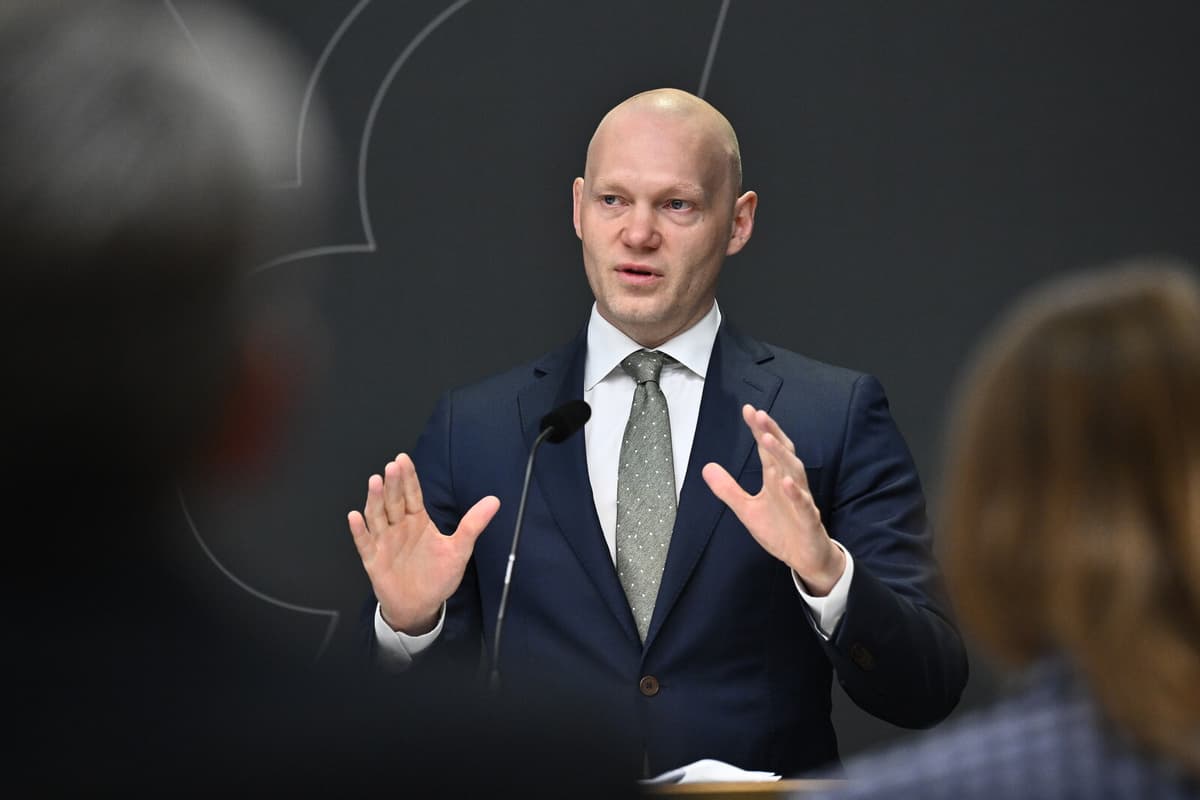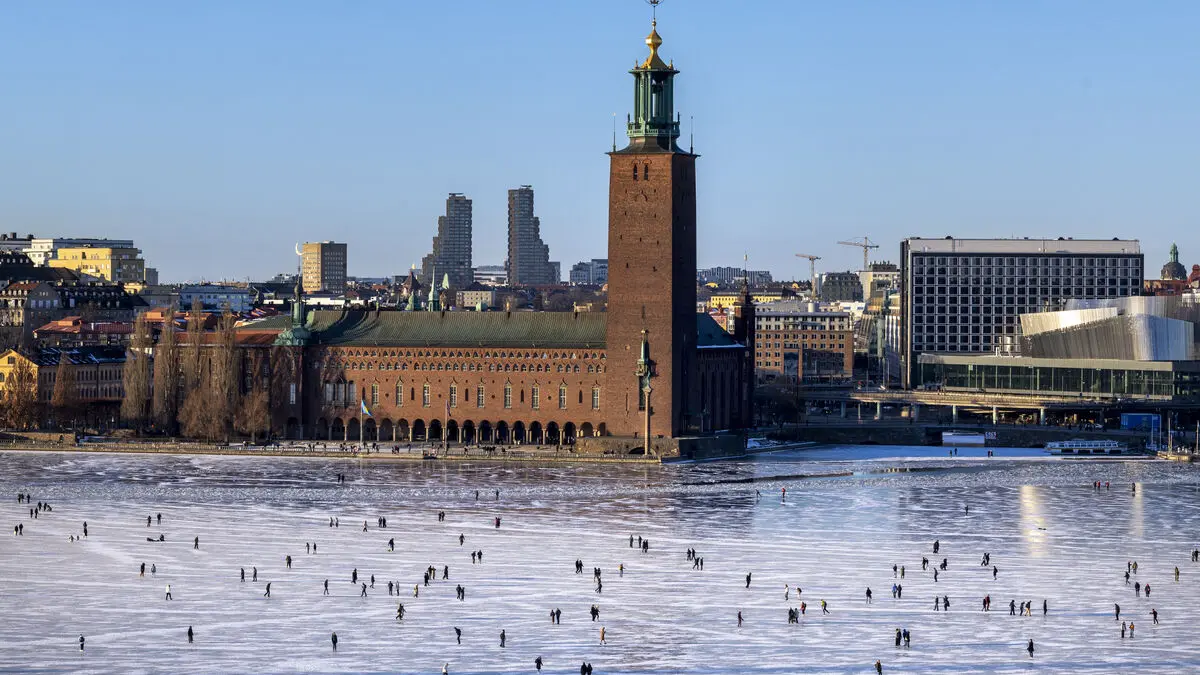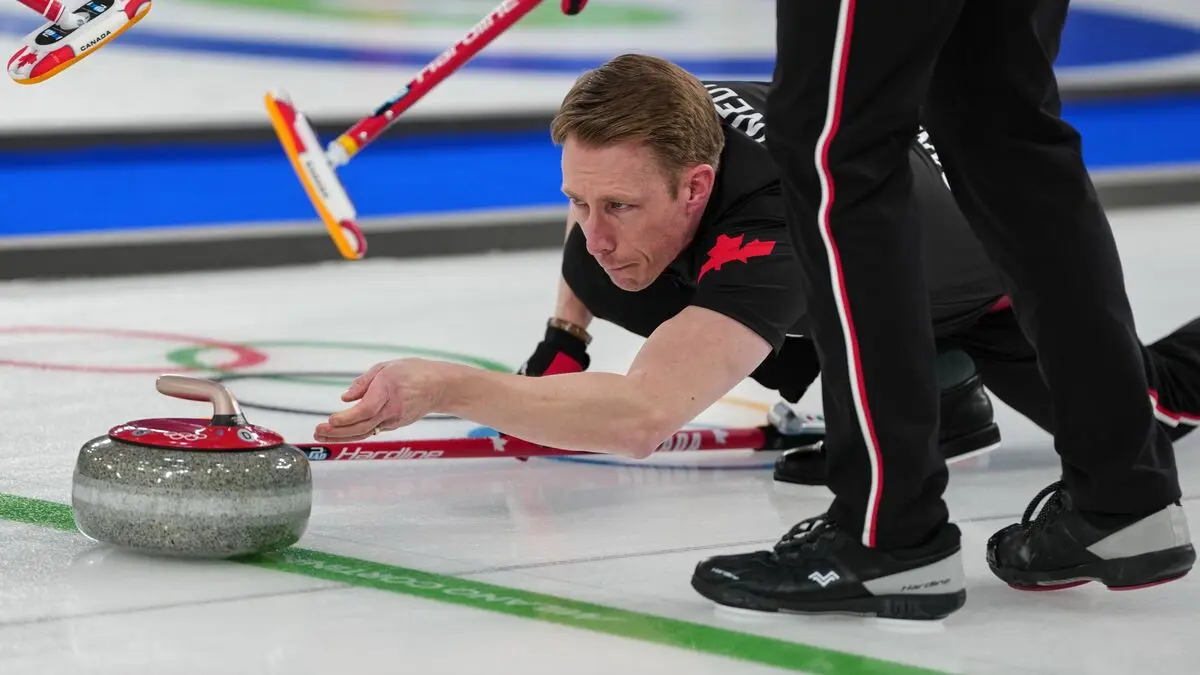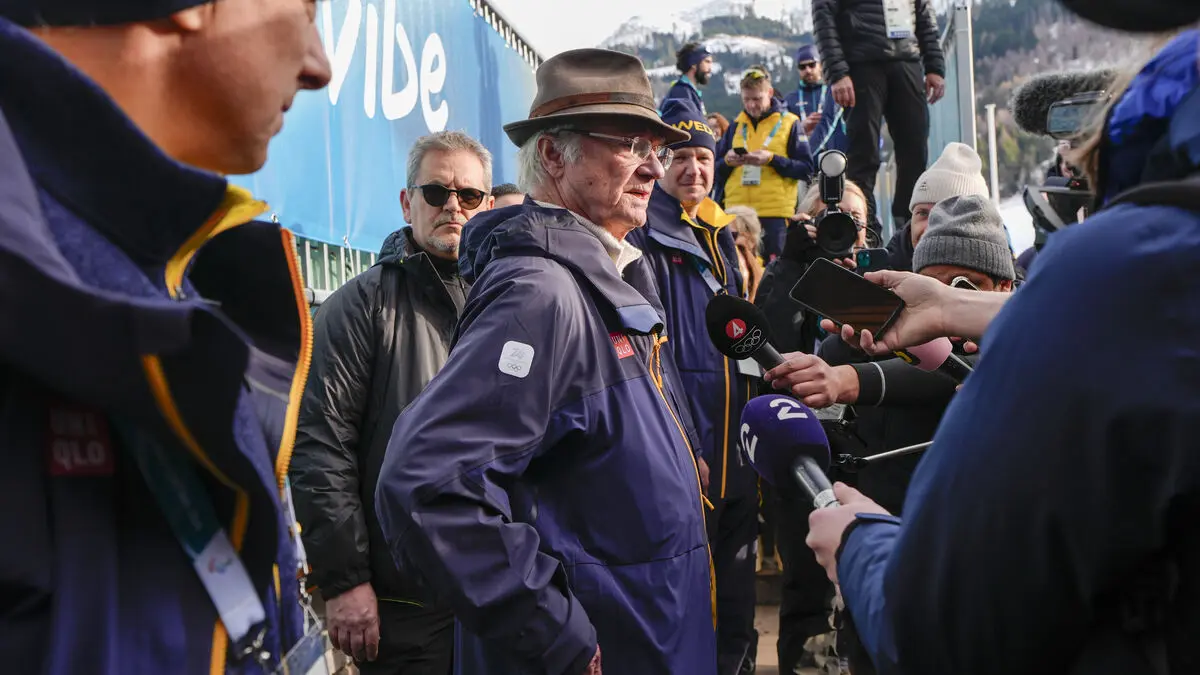Several authorities have sounded the alarm that the unofficial payment system hawala is being exploited for money laundering and to finance terrorism.
Hawala is a way to transfer money without actually moving it. The transfer system, which is entirely based on trust between the sender, intermediary, and recipient, is already illegal in several countries.
A new inquiry set up by the Ministry of Finance is now proposing that it should be criminal to conduct financial activities without a permit from the Financial Supervisory Authority.
From criminal profits
According to Minister for Financial Markets Niklas Wykman (The Moderate Party), this is a way to tackle the hawala system.
We see that informal systems like hawala are being used to transfer money that may come from criminal profits in Sweden, he says.
The government is working in parallel on a proposal that requires a permit from the Financial Supervisory Authority to conduct financial activities.
We have worked out a proposal and will return with it shortly.
We will not only require a permit to conduct hawala activities, but it will also be criminal and punishable to conduct it without a permit, according to the inquiry's proposal. It's a two-stage rocket, says Wykman.
Up to six years
According to the proposal, the new crime will be called unauthorized financial activities and can lead to fines or imprisonment for up to six months.
For gross unauthorized financial activities, the proposed penalty will be imprisonment for between two and six years.
This is a cold shower for criminal activities, says Niklas Wykman.
The inquiry also proposes that customs should be given greater powers to stop cash at the border. According to the proposal, anyone who wants to take out 10,000 euros or more from Sweden to another EU country must report it.
Hawala, Arabic for transfer, is the name of an informal transfer system that emerged along the Silk Road in the 8th century.
The system is still widely used around the world and is based on global networks of intermediaries, hawaladars, vouching for assets and values. It's a way to transfer money without moving it.
The most common is that an intermediary on behalf of a sender contacts another intermediary in the recipient's vicinity and vouches for an amount and requests that it be paid out.
The debt is settled at a later time, and the system is thus entirely based on trust between the parties involved.
The vast majority of transactions are legitimate, and hawala is a lifeline for people in, for example, war-torn areas or communities affected by natural disasters. The system has, however, also been used by terrorist organizations and criminals who want to conceal income from criminal activities.
Source: FOI






